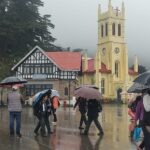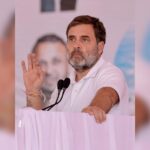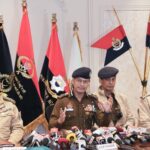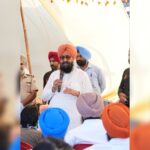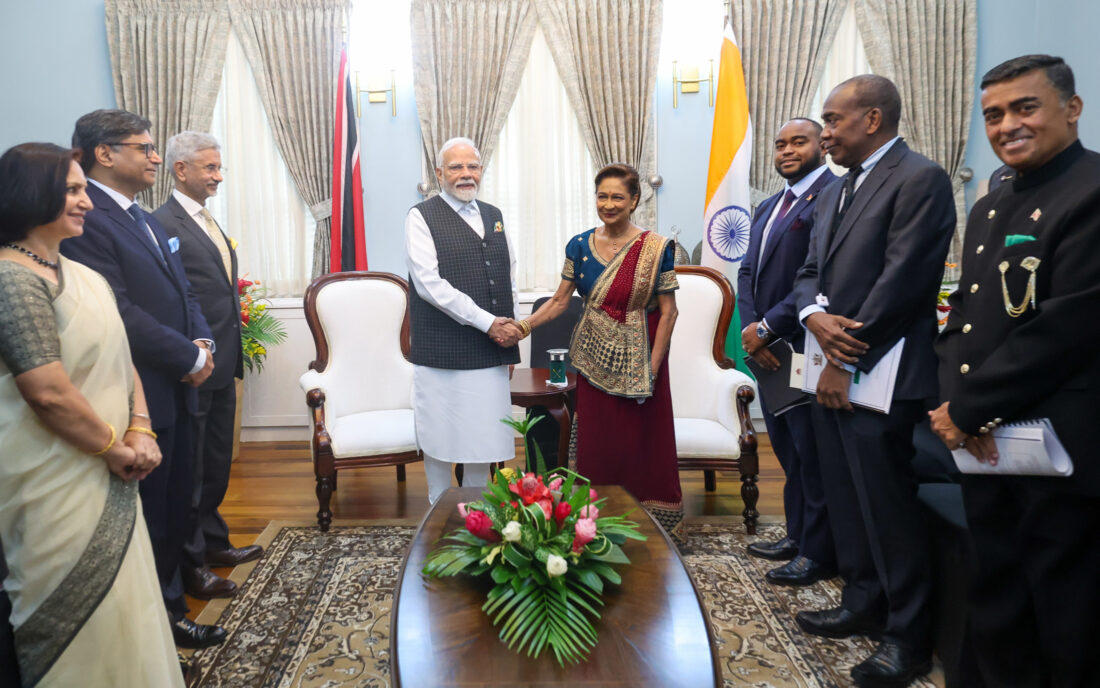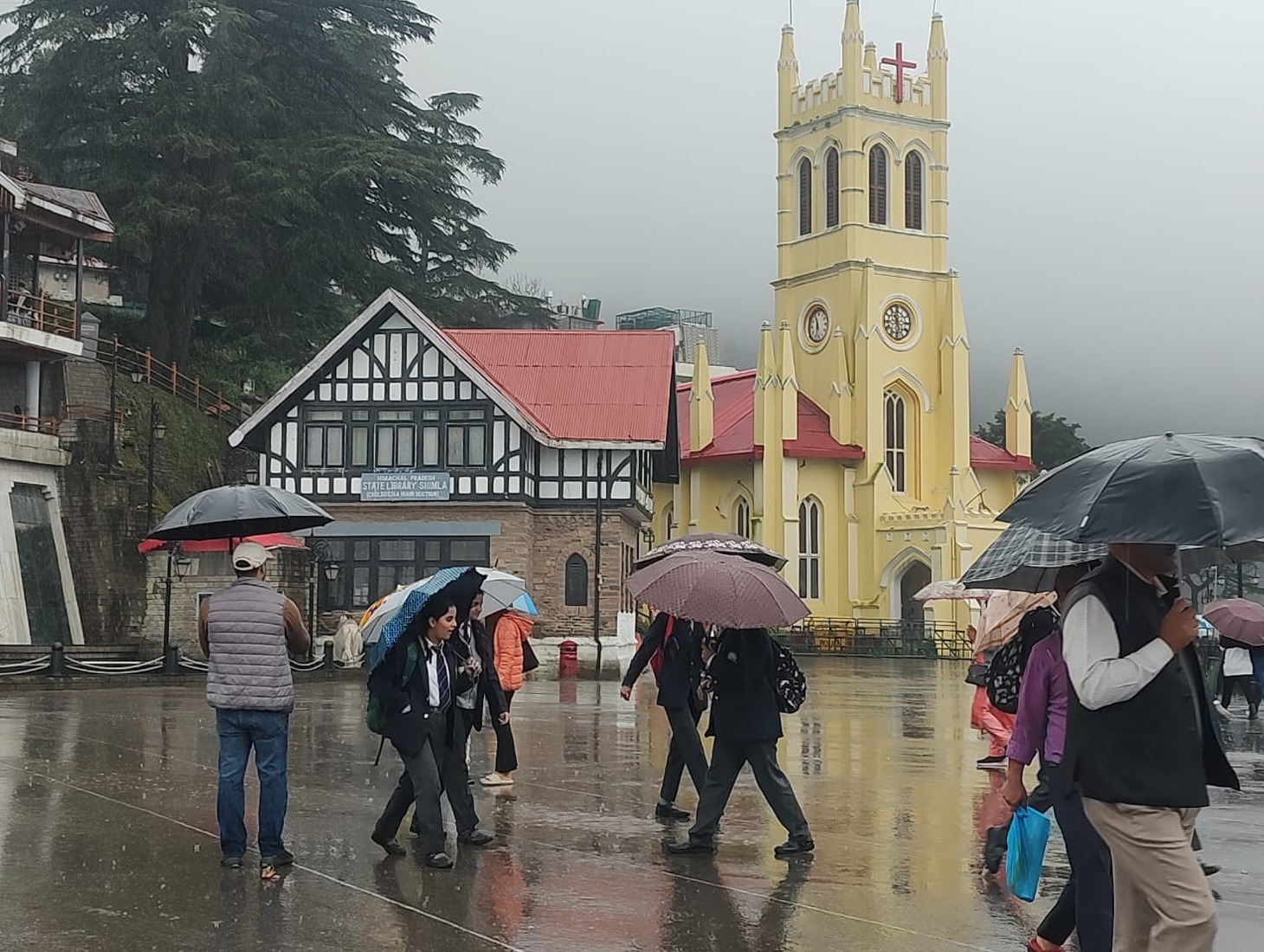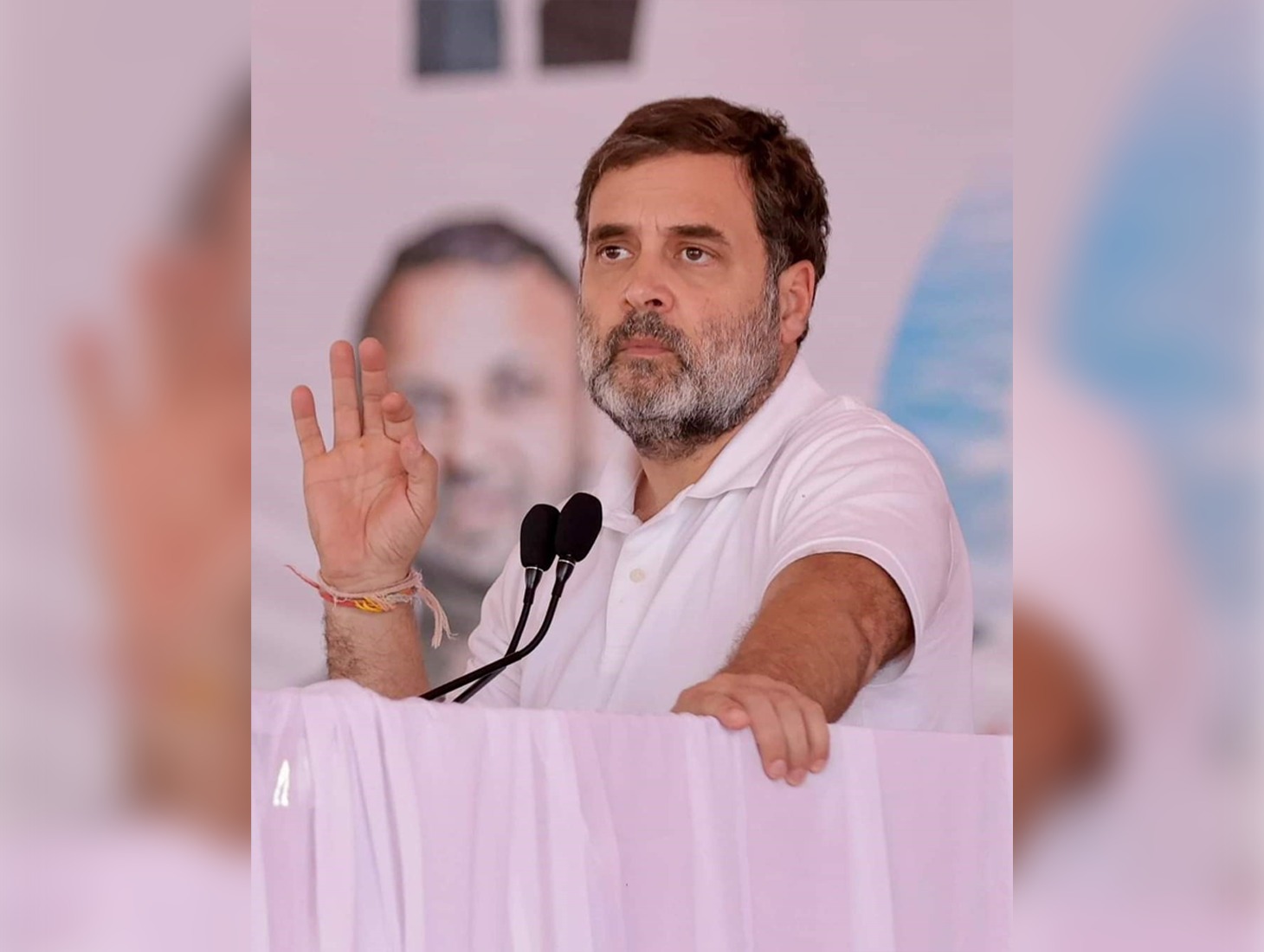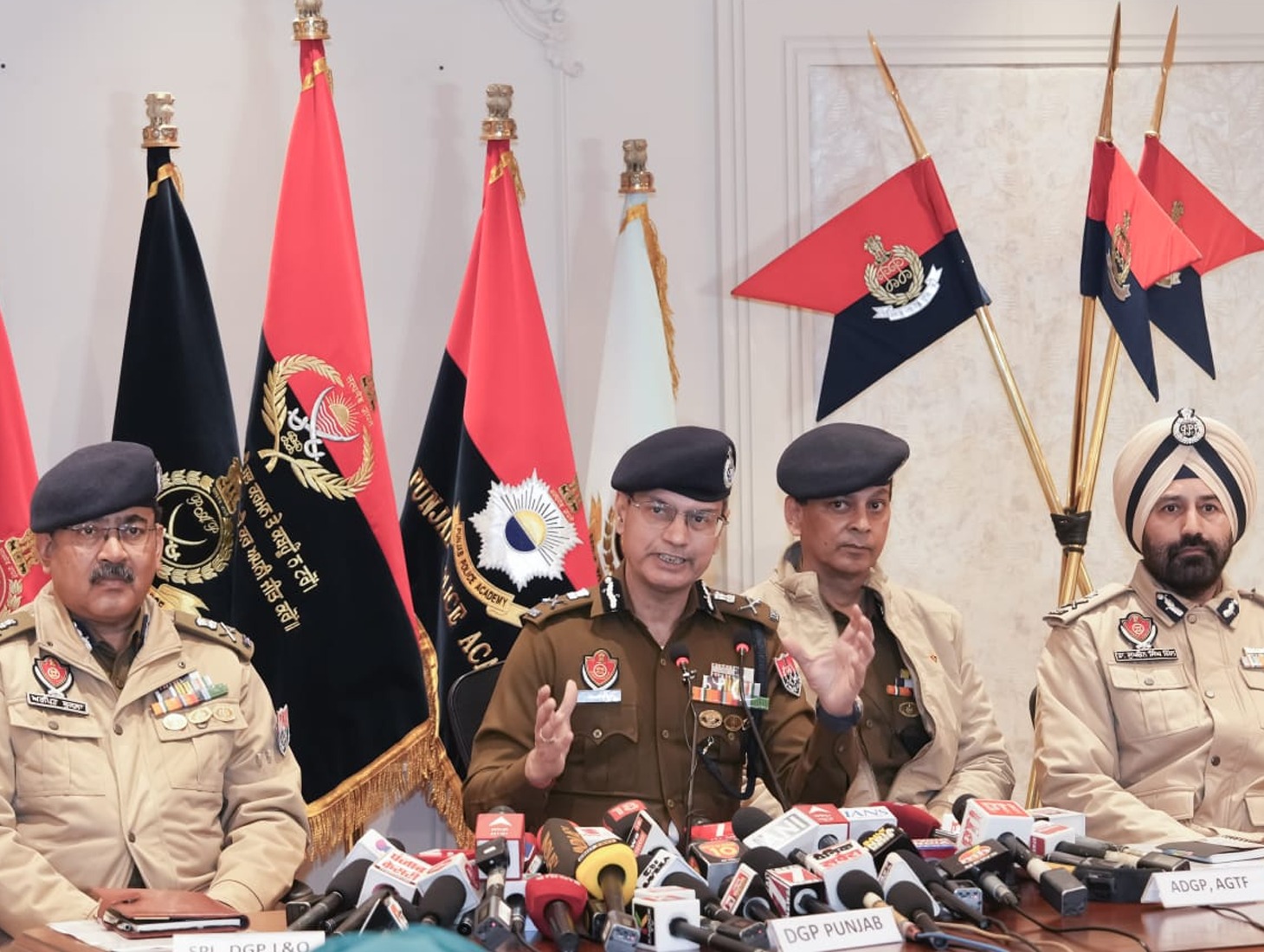The North News
New Delhi, July 5
In a landmark visit underscoring shared history and future ambitions, Prime Minister Narendra Modi became the first Indian leader in 26 years to undertake a bilateral trip to Trinidad and Tobago. The visit, held from July 3 to July 4 at the invitation of Prime Minister of Trinidad and Tobago, Kamla Persad-Bissessar, coincided with the 180th anniversary of the arrival of Indian indentured labourers to the Caribbean nation.
Modi’s trip focused heavily on digital cooperation, as both countries expressed a strong interest in expanding partnerships in technology-driven governance. Trinidad and Tobago became the first Caribbean nation to adopt India’s Unified Payments Interface (UPI), and discussions are underway to explore the deployment of additional India Stack solutions like DigiLocker and e-Sign. Trinidad and Tobago has also sought India’s assistance in modernising its land registration system.
Digital governance was hailed as a critical enabler of inclusive development, with both leaders emphasising its potential to improve public service delivery and national competitiveness.
Prime Minister Modi was conferred the Order of the Republic of Trinidad and Tobago, the country’s highest civilian honour, recognising his leadership on the global stage. The award also symbolised the strengthening of Indo-Caribbean ties rooted in shared democratic values and cultural linkages. The two leaders reviewed bilateral relations across a range of sectors including healthcare, agriculture, education, energy, climate action, and defence cooperation. A series of agreements and Memoranda of Understanding (MoUs) were signed, covering development cooperation, pharmaceuticals, sports, academic exchanges, and cultural collaboration.
India pledged USD 1 million worth of agro-machinery and extended support in millet cultivation, seaweed-based fertilisers, and natural farming techniques. Modi also gifted 2,000 laptops to support Trinidad and Tobago’s educational reforms and announced higher education scholarships for its students in Indian institutions.
In a move to deepen healthcare ties, India will send haemodialysis units, sea ambulances, and organise a prosthetic limb fitment camp for 800 individuals. Trinidad and Tobago’s recognition of Indian Pharmacopoeia standards will further pave the way for affordable access to Indian medicines.
Climate cooperation was another key pillar of the talks. Trinidad and Tobago joined India’s Coalition for Disaster Resilient Infrastructure and the Global Biofuel Alliance. India also offered rooftop solar systems for government buildings and collaboration on early-warning systems for disasters.
The leaders pledged to scale up people-to-people ties. An MoU was signed to renew the bilateral Programme of Cultural Exchanges. Modi invited pundits from Trinidad and Tobago to train in India and participate in the Geeta Mahotsav, while artists from the Caribbean nation will visit India to share local cultural expressions.
Both sides committed to parliamentary exchanges, academic research, Yoga training, and Hindi language promotion. India announced the extension of Overseas Citizenship of India (OCI) cards to sixth-generation diaspora members from Trinidad and Tobago, and support for digitising historical records of Indian migration.
On global issues, the two nations called for reforms at the United Nations, including expansion of the Security Council. Trinidad and Tobago reaffirmed support for India’s permanent membership, while India backed Trinidad’s bid for a non-permanent seat for 2027–28. As a symbolic close to the visit, Modi reiterated his support for women’s cricket in the Caribbean and extended an invitation to young Trinidadian athletes to train in India.
Both leaders described the visit as transformative, opening “a new era of elevated bilateral relations,” and agreed to deepen cooperation in line with the evolving global and regional challenges.



